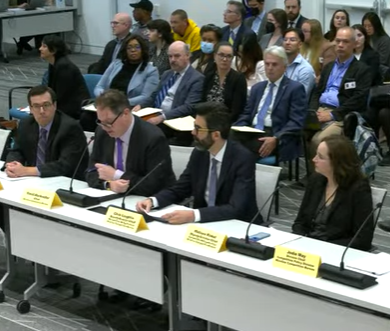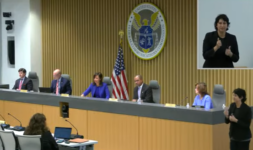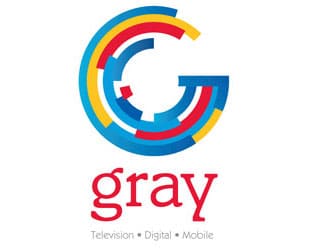WASHINGTON, D.C. — For those in the broadcast radio and television industries, it’s not the biggest regulatory policy matter on its wish list. For much of America’s MVPDs, wireless services providers, and consumers of broadcast media’s streaming media platforms, Title II broadband classification has been a bitter, divisive issue since former FCC Chairman Tom Wheeler made that change.
This ushered in “net neutrality,” erased by the Pai Commission on party lines. Now, with Democrats finally with a FCC majority, the road to net neutrality’s return has gotten one step closer.
A Notice of Proposed Rulemaking (NPRM) that would begin the process of reestablishing the FCC’s oversight over broadband and restoring “uniform nationwide ‘net neutrality’ rules” is moving forward — despite vociferous opposition from Republicans across Capitol Hill and GOP Commissioners Nate Simington and Brendan Carr.
Carr, along with Rep. Cathy McMorris Rodgers (R-Wash.) and Sen. Ted Cruz (R-Texas), has made it abundantly clear that the removal of Title II classification for broadband made by Ajit Pai was the right decision. He’s used colorful language to illustrate his point, noting that the internet isn’t broken, even with “net neutrality” going away.
Geoffrey Starks, speaking during the FCC’s Open Meeting on Thursday in which the Commissioners voted on the NPRM, couldn’t disagree more. In his comments, he spoke warmly of how a “free and open internet” would help close the nation’s broadband services gap while affirming the FCC’s authority to protect internet openness to consumers, defend national security and advance public safety. Policies like rate regulation and network unbundling would be prohibited, too.
“We need to remember that as we adopt this notice we are not reinventing the wheel,” he said with passion, in perhaps his most emotionally driven statement since arriving at the FCC. He pointed to the 2015 Open Internet Order, which adopted rules that could spur new technologies and give “real oversight” to broadband.
“The 2015 Open Internet Order adopted rules designed to protect an open internet by prohibiting conduct that we should agree are harmful,” Starks said. ” Don’t block legal content, don’t throttle legal content, don’t engage in paid prioritization. Don’t make it harder for the internet to drive competition, create new ideas, and spur new technologies. More fundamentally, don’t make broadband the only essential service in America without real oversight. Certainly not when our security and public safety are at stake.”
 To be clear, the October Open Meeting vote does not return “net neutrality.” Rather, it opens a proposed rulemaking window in which the FCC will likely hear an earful from parties both for and against Title II broadband classification.
To be clear, the October Open Meeting vote does not return “net neutrality.” Rather, it opens a proposed rulemaking window in which the FCC will likely hear an earful from parties both for and against Title II broadband classification.
For Jessica Rosenworcel, the 3-2 vote — made possible by Anna Gómez‘s recent arrival as the long-awaited fifth Democrat on the Commission — made her practically giddy, broadly smiling as she said to a packed meeting room that the NPRM was now adopted.
Republicans still remain steadfast in their belief that the “heavy-handed utility-style Title II regulation of the Internet” is unjust, and that the FCC lacks legal standing to make any change. Under the Pai Commission, the FCC returned broadband Internet access service to its classification as an information service under Title I, “the light-touch framework under which the Internet developed and flourished,” the then-GOP leadership of the Commission said.
Read more from the RBR+TVBR Archives
The FCC’s October 2023 Open Meeting also saw the five Commissioners vote on five other matters, including a Declaratory Ruling that would clarify that the use of Wi-Fi on school buses is an educational purpose and the provision of such service is therefore eligible for E-Rate funding. (WC Docket No. 13-184). Like the NPRM on the restoration of “net neutrality,” this passed on a party-line 3-2 vote as both Carr and Simington dissented.
The Commission also considered a Notice of Inquiry that will seek comment on its proposed plan to improve and enhance maternal health data in the Mapping Broadband Health in America platform, in order to ensure that future updates to the platform reflect input from stakeholders and other interested parties and improves the user experience. The platform was updated in June 2023 to incorporate publicly available data on maternal mortality and severe maternal morbidity pursuant to the Data Mapping to Save Moms’ Lives Act. (GN Docket No. 23-309)
This was approved unanimously, leading Carr to show that he’s not all about divisive regulatory matters, sharing his children’s snacks with the other Commissioners.




